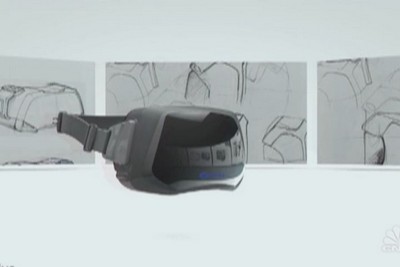
An attendee wears an Oculus Rift HD virtual reality head-mounted display as he plays "EVE: Valkyrie," a multiplayer virtual reality dogfighting shooter game, at the Intel booth at the 2014 International CES in Las Vegas.
Facebook's $2 billion deal to acquire Oculus last month marked the biggest bet yet on the resurgence of virtual reality.
While any price tag that hefty for an unfinished, unproven technology is bound to spark investor second-guessing, it's hardly a surprise that this purchase is being especially scrutinized. Like 3-D, virtual reality is a concept that has been touted for years, but has always failed to live up to its potential—and historically been rejected by consumers.
And while Oculus has greatly improved the experience—and Facebook andSony (which is making its own lauded VR headset) are sinking fortunes into the technology—there are still plenty of hurdles virtual reality must clear. Among them:

"If anyone's out there making VR, our message is 'please take the time to get it right,'" said Brendan Iribe, CEO of Oculus, at CES earlier this year. "If you don't, you get people sick. ... It's all dependent on the content."
Virtual reality is expected to make its first splash in the video game world. Whether game publishers will be willing to bet on the technology immediately is another concern, though.
VR games aren't cheap to create. They require very high frame rates (the number of frames shown per second) and work best in 3-D, with separate images being delivered to each of the user's eyes. Large game publishers may support existing partner Sony, knowing that the company is planning internally developed titles as well. But Oculus, which is focusing on the PC, might be a harder sell.
No comments:
Post a Comment